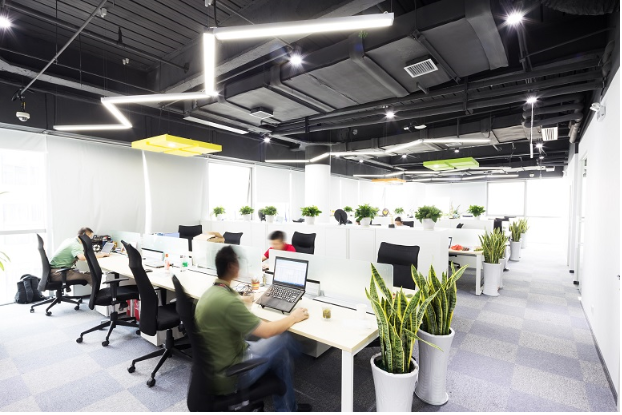Everyone talks about having too many meetings, but enterprises and individual employees have struggled to actually do something about it. Companies have tried, with varying levels of success, to designate particular days of the week as “no-meetings” days; despite the best intentions, these days often seem to get pulled back into the vortex of non-stop meetings.
But now, e-commerce company Shopify has taken the bold step of eliminating all recurring meetings with more than two people,
according to BNN Bloomberg, which reported that the company will deploy a bot to issue reminders about the policy to those scheduling meetings.
It’s hard to imagine many enterprises going as far as Shopify has to try and deal with the excess of meetings, but companies and end users will certainly continue to struggle with the way that hybrid work — and specifically the technology that enables it — continue to disrupt the rhythms of employees’ work lives. For fully remote workers, back-to-back meetings are the big challenge. For those returning to the office, it’s the combination and coordination of physical and virtual meetings that’s proven difficult to manage in a way that keeps people feeling productive and confident that they’re using their time well.
The challenges of hybrid work and return to office continue to morph and remain largely unresolved. That’s why I’m excited about a few sessions that we’ll be presenting at Enterprise Connect 2023 in March, addressing these challenges. For starters, we’ve got a General Session,
Making Progress on Hybrid Work: The Enterprise View, in which enterprise executives Stacy Foster of Mastercard and Gary LaSasso of Amicus Therapeutics will discuss the challenges they’ve encountered as their companies have sought to balance the many demands and address the many challenges of hybrid work and return to office.
In addition, we’ll be looking at the ways that communications and collaboration technologies are starting to come together with formerly-point solution office technologies, such as room reservations and utilization tracking, to help enterprises maximize the use of office spaces in the constantly evolving world of the return-to-office. To provide this perspective, Craig Durr of Wainhouse Research will lead a breakout session on
Technology’s Role in the New Office Experience.
In a similar vein, Beth Schultz of Metrigy will examine how employee experience tools are using data from collaboration systems to bolster enterprise management’s understanding of employees’ experience; Schultz will lead a breakout session on
How Collaboration and Employee Experience Come Together.
These breakout sessions are part of our largest Workplace Strategies track ever. We’ve also got sessions on why
user adoption programs remain critical; how to
support a hybrid workforce that’s not just office-based and/or remote, but also mobile; and what enterprises — particularly global ones — should prioritize when
updating their offices for improved collaboration for hybrid workers; and more.
Hybrid work is a work in progress, and for most enterprises, the solution won’t seem as straightforward as a blanket ban on meetings of more than two people. It’ll be about nuance and flexibility — and that’s what we’ll be delving into at
Enterprise Connect 2023. I hope you can join us in Orlando the week of March 27!










